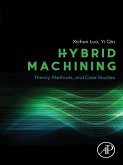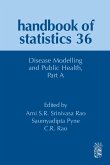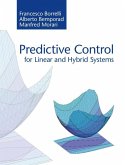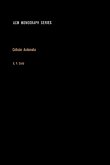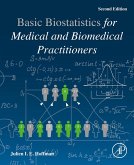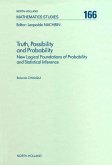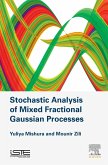Hybrid Censoring Know-How: Models, Methods and Applications focuses on hybrid censoring, an important topic in censoring methodology with numerous applications. The readers will find information on the significance of censored data in theoretical and applied contexts, and descriptions of extensive data sets from life-testing experiments where these forms of data naturally occur. The existing literature on censoring methodology, life-testing procedures, and lifetime data analysis provides only hybrid censoring schemes, with little information about hybrid censoring methodologies, ideas, and statistical inferential methods. This book fills that gap, featuring statistical tools applicable to data from medicine, biology, public health, epidemiology, engineering, economics, and demography.
- Presents many numerical examples to adequately illustrate all inferential methods discussed
- Mentions some open problems and possible directions for future work
- Reviews developments on Type-II and Type-I HCS, including the most recent research and trends
- Explains why hybrid censored sampling is important in practice
- Provides details about the use of HCS under different settings and on various designs of HCS
- Describes the use of hybrid censoring in other reliability applications such as reliability sampling plans, step-stress testing, and quality control
Dieser Download kann aus rechtlichen Gründen nur mit Rechnungsadresse in A, B, BG, CY, CZ, D, DK, EW, E, FIN, F, GR, HR, H, IRL, I, LT, L, LR, M, NL, PL, P, R, S, SLO, SK ausgeliefert werden.



